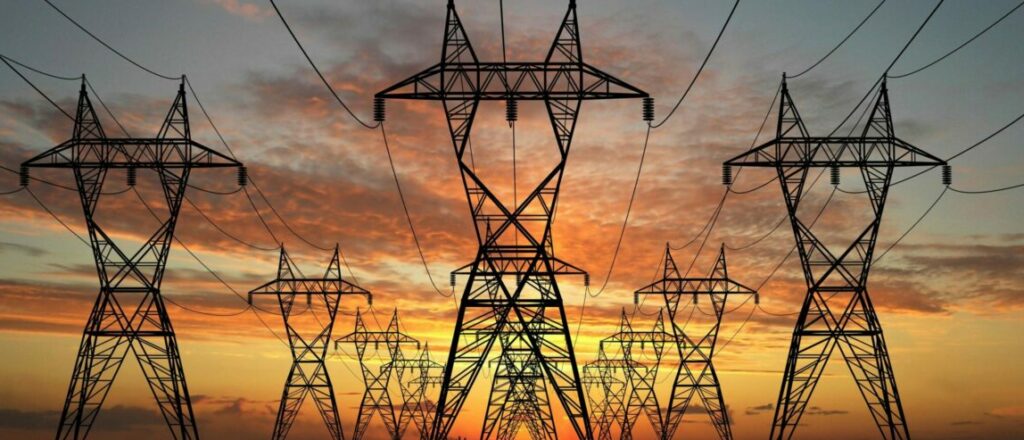Indian Government Implements New Power Tariff System to Promote Efficient Energy Use

Delhi, 23rd June 2023: In a significant move to enhance the power tariff system and promote efficient energy utilization, the Indian government has introduced two amendments to the Electricity (Rights of Consumers) Rules, 2020. These amendments include the implementation of Time of Day (ToD) Tariff and the simplification of smart metering rules.
Under the newly introduced Time of Day (ToD) Tariff system, consumers will be charged varying rates for electricity based on the time of day. During the designated solar hours, which comprise eight hours determined by the State Electricity Regulatory Commission, the tariff will be 10%-20% lower than the normal rate. Conversely, during peak hours, the tariff will be 10%-20% higher. This ToD tariff will initially apply to commercial and industrial consumers with a maximum demand of 10 KW and above starting from 1st April 2024, and later to all other consumers, excluding agricultural consumers, from 1st April 2025. The implementation of Time of Day tariff will begin immediately after the installation of smart meters for consumers using such meters.
Union Power and New & Renewable Energy Minister, Shri R. K. Singh, highlighted that the ToD tariff system is a win-win situation for consumers and the power system. By adjusting their electricity usage according to the tariff, consumers can effectively reduce their electricity bills. During the solar hours, when solar power is cheaper, consumers will benefit from the lower tariff, incentivizing them to plan their electricity consumption accordingly. On the other hand, during non-solar hours, when thermal, hydro, and gas-based power sources are utilized, which are relatively more expensive, the tariff will reflect the higher costs.
R. K. Singh further explained that the implementation of the ToD tariff system will also contribute to better grid integration of renewable energy sources and facilitate a faster energy transition in India. This mechanism will help manage fluctuations in renewable energy generation, encourage increased demand during periods of high renewable energy availability, and enable the integration of a larger quantity of renewable power into the grid.
Most of the State Electricity Regulatory Commissions (SERCs) in India have already implemented ToD tariffs for large commercial and industrial consumers. With the installation of smart meters, ToD metering will be extended to domestic consumers as per the Tariff Policy mandate.
In addition to the ToD tariff, the government has simplified the rules for smart metering. Penalties for exceeding the maximum sanctioned load or demand have been reduced to avoid inconvenience or harassment to consumers. Smart meters will now read data remotely at least once a day, which will be shared with consumers, enabling them to make informed decisions about their electricity consumption. Load revision procedures have also been rationalized, allowing upward revisions of the maximum demand only if the sanctioned load has been exceeded at least three times in a financial year.
The Electricity (Rights of Consumers) Rules, 2020, were initially notified by the government on December 31, 2020, with the aim of ensuring reliable services, quality electricity, and timely provision of new connections and refunds to consumers. The recent amendments to the rules reinforce the government’s commitment to empower power consumers, ensure round-the-clock electricity supply at affordable costs, and foster an investment-friendly environment in the power sector.
For more information, please refer to the following official notifications:
The Electricity (Rights of Consumers) Rules, 2020
The Electricity (Rights of Consumers) Amendment Rules, 2021
The Electricity (Rights of Consumers) Amendment Rules, 2022
The Electricity (Rights of Consumers) Amendment Rules, 2023








